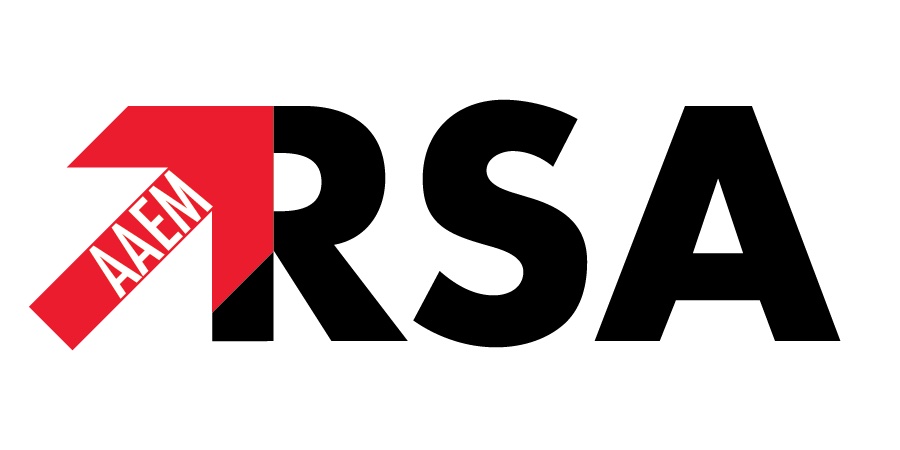Emergency medicine offers a variety of different practice models. Emergency physicians can become an employee of a private group, corporate group or hospital. Some jobs, particularly with private groups, offer the potential for partnership, allowing the physician to become a part-owner. Some jobs may provide for differing degrees of a democratic practice environment that provides political equity and financial equity. Each job is different, and often there is considerable overlap between different practice models.
Democratic Groups
In an ideal “democratic” group, the practicing physicians have the opportunity to become partners/owners in the group after performing well during a fair, reasonable length partnership track (i.e., two years). The partners would have “political equity,” where they would have a fair voice and vote in the major decisions of the group, either directly through their own vote or indirectly via elected representatives. In addition, the partners would have “financial equity,” where they would share fairly in the profits of the group as well as own a portion of the assets of the group. A truly democratic group would have a high degree of transparency, offering its partners access to information about the group, including detailed financials.
Many emergency physicians are attracted to the political and financial equity offered by democratic groups, and the ability to fully benefit from the group’s success. Since there is no middleman siphoning profits, democratic groups typically offer the highest compensation and profit-sharing. Since democratic groups are composed of partner-owners, they typically offer the highest job security. Democratic groups typically have a higher expectation for their partners to take on nonclinical responsibilities, such as taking on leadership roles within the group or serving on hospital committees.
Private Groups
Private emergency physician groups are owned by one or multiple owners, typically physicians. Some private groups are very democratic, and some are not at all democratic (minimal political equity, financial equity, transparency, etc.). Most private groups fall somewhere in between. Many groups claim to be “democratic” as this is an attribute valued highly by emergency physicians. However, many groups that claim to be democratic fall far short of the ideal democratic group when you dig deeper into the workings of the group. Most private emergency physician groups staff one or two emergency departments, and rarely do they staff more than five to 10 emergency departments.
Corporate Groups
Corporate groups (regional or national contract management groups) are typically owned by a group of individuals and investors, the majority of which are typically non-physicians. The largest corporate groups staff hundreds of emergency departments. The larger corporate groups are typically partially owned by private equity firms and/or traded on the stock exchange (with large institutional investor ownership). Advantages of corporate groups include the economies of scale in certain services offered (CME, coding/billing, professional liability, etc.), the ability to more easily work for multiple emergency departments or switch jobs within the company, and minimal outside responsibilities. The disadvantages of corporate groups are mainly related to their ownership. The corporate group has a fiduciary duty to its investors, so its primary goal is to maximize profit.
At times, actions taken to maximize profit may run counter to maximizing value to the emergency physicians in the group or the patients they treat. The largest cost for a corporate group is physician salaries, so there is often significant pressure to minimize this expense. Corporate groups rarely offer much political equity, financial equity or transparency. Corporate groups often offer poorer job security than other practice models since the emergency physician is just one employee among hundreds or thousands, and any actions that are thought to potentially compromise the corporate group’s income stream (the hospital contract) may lead to termination.
Hospital Employees
Hospital-employed positions have been increasing in recent years. Hospital-employed jobs have a variable amount of political equity, financial equity and transparency. A minority of hospital-employed jobs are structured similar to highly democratic, private groups. More commonly, hospital-employed positions share characteristics more similar to corporate groups. Often, the practice environment can change significantly over the course of several years. Hospital-employed positions typically offer better job security than that of a corporate group, since the hospital is concerned about the potential for liability for wrongful termination (it is easier to tell a corporate group to remove the physician from the schedule than for the hospital to terminate the physician directly).
The type of practice model is an important variable to consider when choosing a position. A large portion of new graduates change jobs within two years of finishing residency, many due to choosing a practice model that ultimately is not the right fit. For more on this, please see the article on finding the perfect job.
Author: Mark Reiter, MD MBA FAAEM, AAEM Vice President
Edited by Stephanie Gardner, MD, AAEM/RSA Vice President; and Leana Wen, MD MSc, AAEM/RSA President
